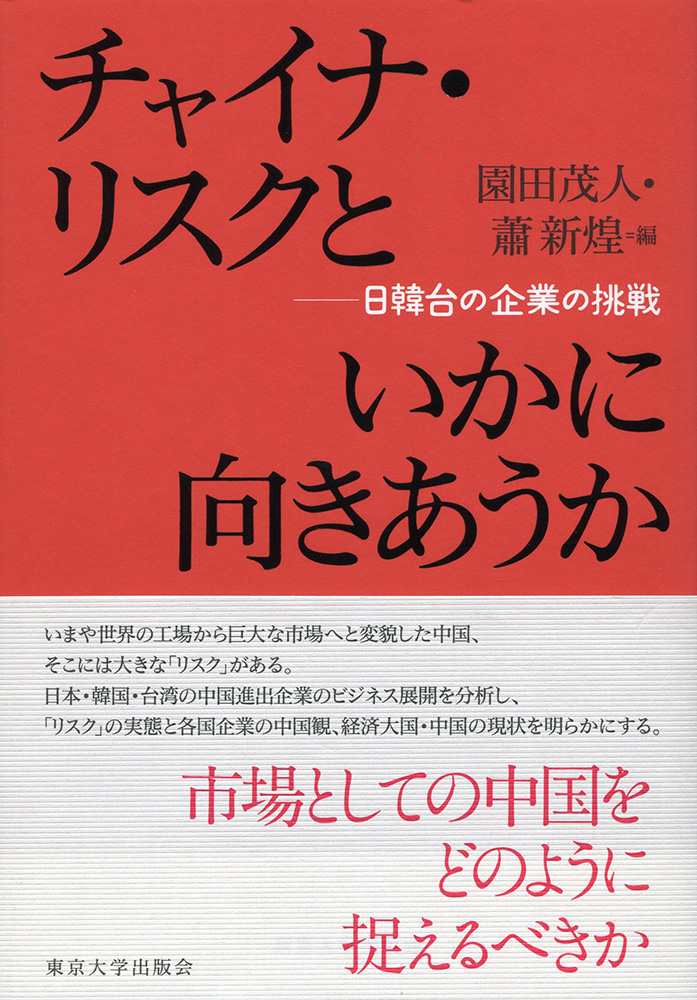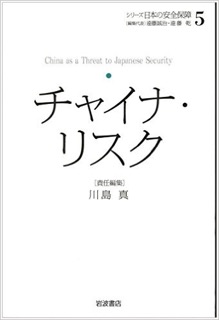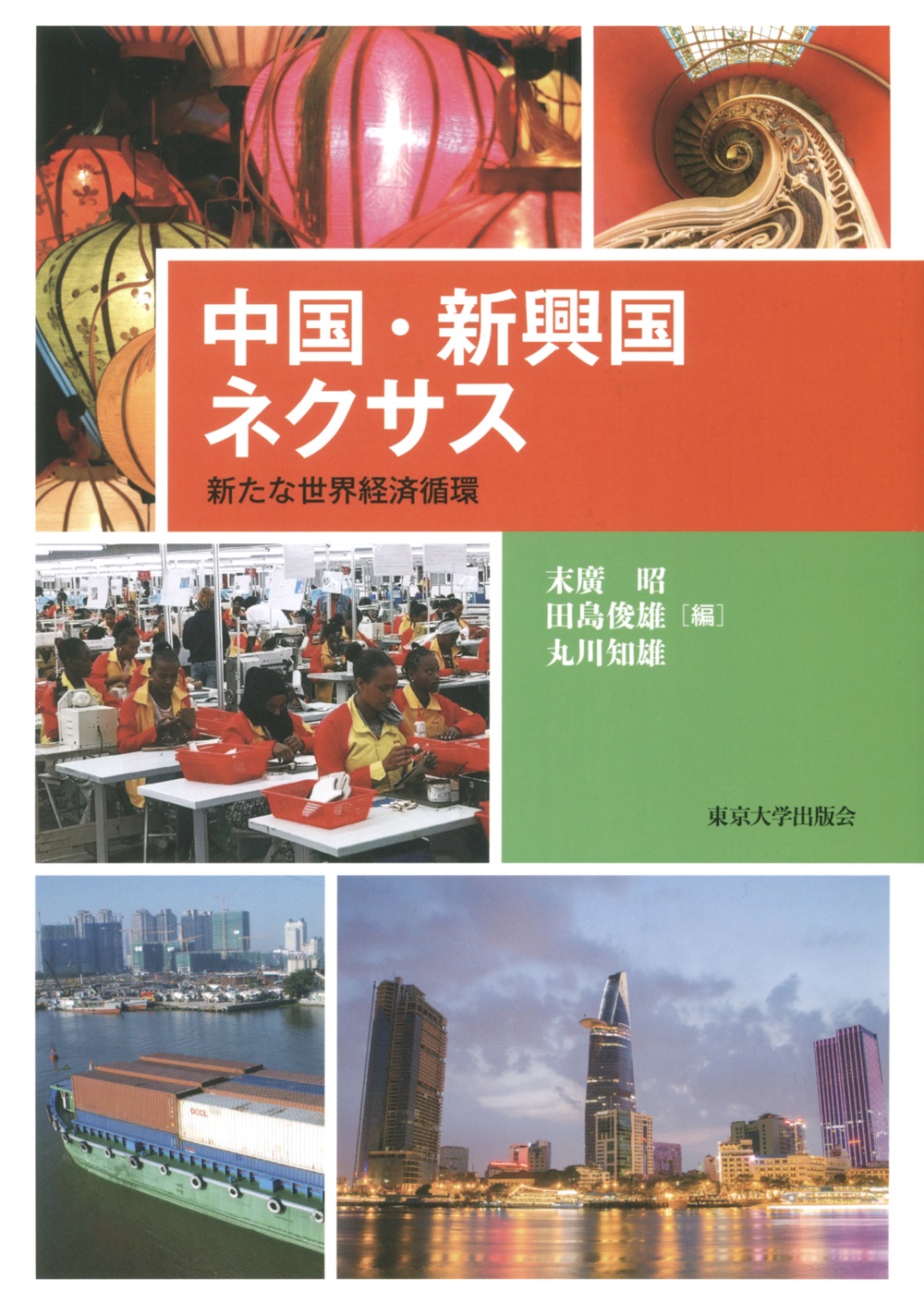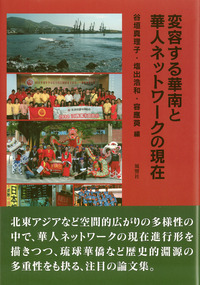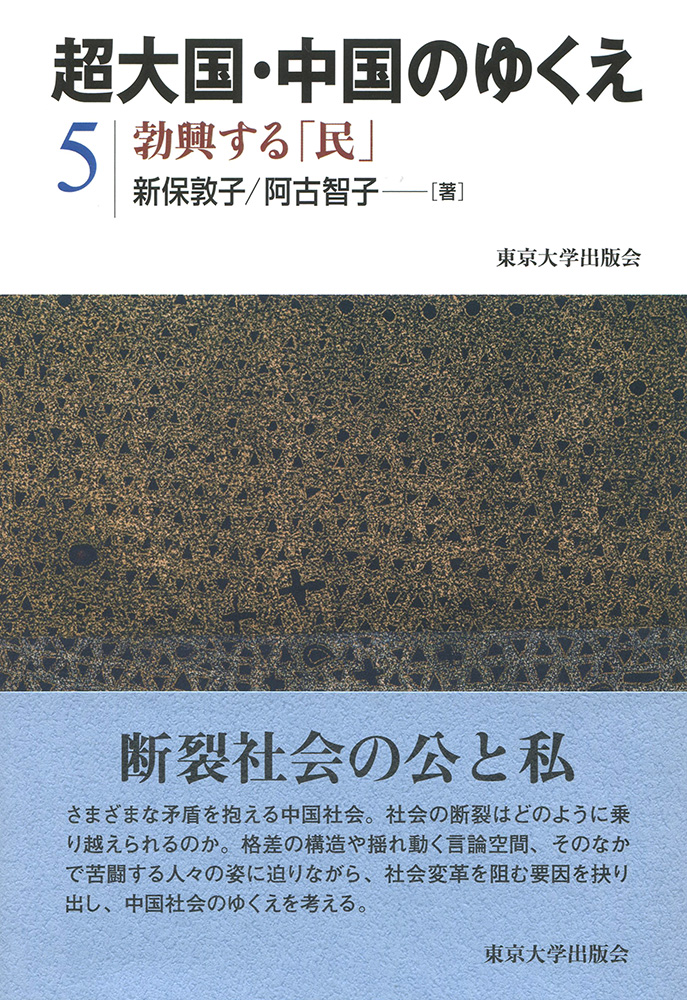
Title
Vol.5 of the series: The future of the superpower China Bokkō suru “tami” (The “people” on the rise)
Size
256 pages, 127x188mm
Language
Japanese
Released
July, 2016
ISBN
978-4-13-034295-7
Published by
University of Tokyo Press
Book Info
See Book Availability at Library
Japanese Page
Behind China’s spectacular economic growth lie policies that prioritize those with vested interests, and this has resulted in an astounding gap between rich and poor. How have the “people” of each social class expressed their presence as this disparity has become entrenched and equality is not guaranteed? The aim of this book is to depict dynamically changing Chinese society by focusing on ethnic minorities, students, peasants, migrant workers, intellectuals, and so on and by thus gaining a multilayered grasp of the voices of the “people.”
Chapters 1–3 examine the impact on people of educational reforms in China’s globalization strategy, reforms that have been one of the important pillars of its modernization policies as it aspires to become a superpower. We focus in particular on ethnic minorities and examine in concrete detail language education, employment of university students, the transformation of the family, and the transmission of culture. Since the birth of the People’s Republic of China in 1949, there have been political movements such as the Great Leap Forward and the Cultural Revolution, while since the end of the Cultural Revolution the currents of marketization and the global economy have inundated the country. On each occasion people have been buffeted by these forces, and we believe that it is in ethnic minorities that the contradictions of Chinese society are manifesting in their most intensive form.
Chapters 4–6 and the final chapter concentrate on the land system, registration system, and social security system, which are contributing to growing disparity, and explore factors behind the lack of progress in political reform and democratization. While control of NGOs, academia, and human rights movements is being tightened in China and the system of government restricts opportunities for political participation, space for discourse centred on the Internet has been growing. But the elite of society are unable to play a central role in bringing about change, and social movements at the citizens’ level do not spread. Much prior research in political studies provides data and analyses demonstrating that the gap between rich and poor acts as an impediment to democratization and the growth of civil society, and in Asian countries such as the Philippines and Thailand, Russia, and the countries of the Middle East and North Africa, which have been plunged into chaos since the “Arab spring,” there is a situation showing that even if democratization is realized, it is by no means easy for it to become fully established.
Even though the Berlin Wall fell, the Soviet Union collapsed, and China experienced the Tiananmen Square incident, China has not pushed forward with reform of the political system, and instead it has pressed on with economic development under an authoritarian political system. As a result, it has achieved rapid economic growth and has become the second-largest economic power in the world in terms of GDP. But in the course of this growth there have arisen extraordinary interregional economic disparity and the internalization of serious social contradictions. Sustainable growth is difficult under such circumstances, and some people even predict a future scenario of the normalization of frequent riots, arrests of activists and intellectuals, further social upheaval, and even régime change. It is no easy matter to speculate on the future of Chinese society, and academic research should not look at only issues manifesting on the surface and draw simplistic conclusions, as some sectors of the media do, but it is important to gain a grasp of factors that have an influence on political and social change in China. Lastly, we also raise some questions about the impact that China’s transformation will have on its neighbour Japan and international society and how Japan and international society ought to confront China as its influence grows.
(Written by AKO Tomoko, Associate Professor, Graduate School of Arts and Sciences / 2017)



 Find a book
Find a book


 eBook
eBook
